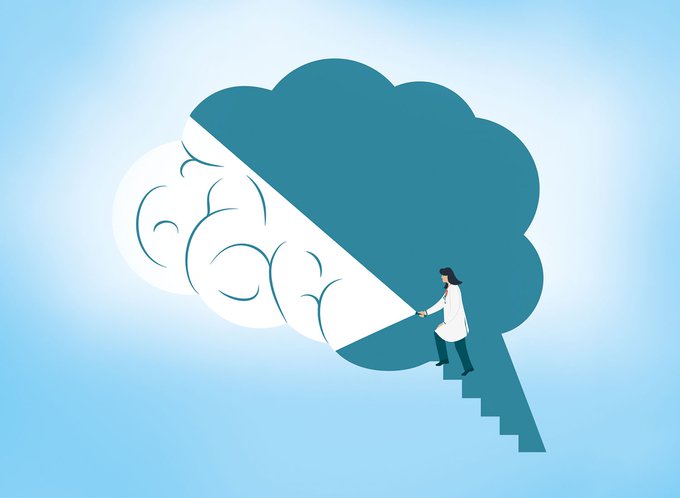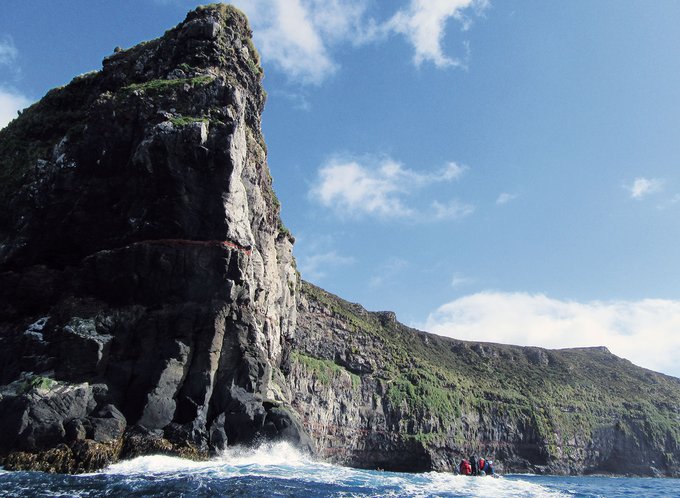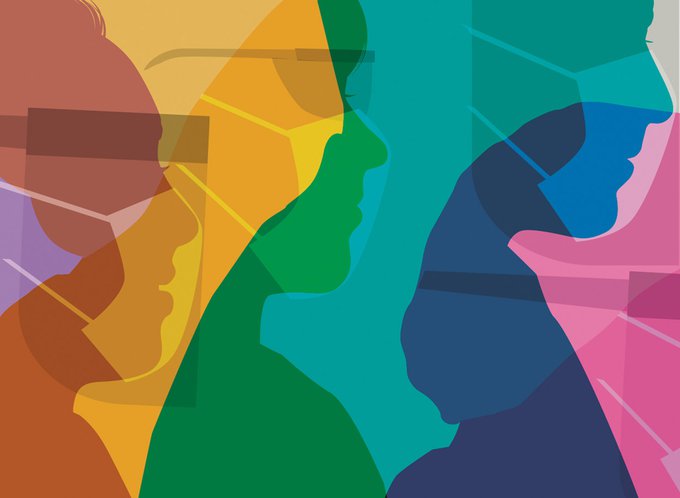Medical student Loredana Podolska-Kint has been awarded a MAS Here for Good scholarship to continue her mission of using poetry to educate kids about their bodies.
Loredana Podolska-Kint believes science and poetry are not mutually exclusive.
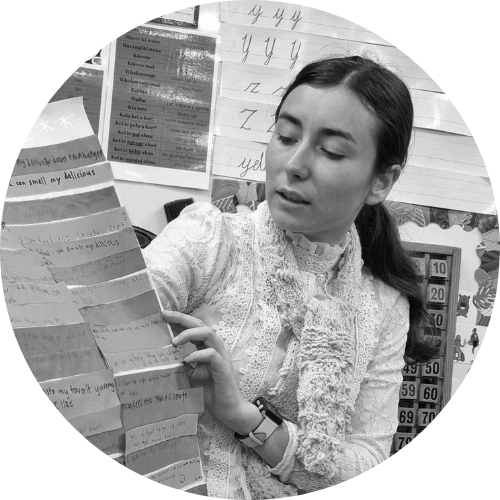 “It’s definitely possible for the rigorous, crisp, clean lines of science to be beautiful. I think science is often very poetic.”
“It’s definitely possible for the rigorous, crisp, clean lines of science to be beautiful. I think science is often very poetic.”
The 22-year-old fifth-year medical student on placement at Middlemore Hospital received a MAS Here for Good scholarship to support her mission of educating kids on their bodies through fun and playful poetry.
Becoming a poet
Loredana wrote her first poem in year 8 and continued to write throughout high school and at university, finding it helped her manage the pressures of her medical studies.
She brought together her love of poetry and medicine to write her first book, What Are You Made Of? Taku Tinana, Taku Oranga, during the first COVID-19 lockdown and self-published it in March 2022.
Aimed at primary school-aged tamariki, the book contains 21 playful poems about each of the main organs of the body, from the brain to the bones, describing how each works and including te reo Māori term for each organ.
Loredana was motivated to write and publish the book to improve health literacy among children. She focused on translating complex medical ideas into language that kids would understand.
“A lot of kids don’t know what the pancreas is, for example, but that’s what gets affected by type 1 diabetes, which does occur in children. So I knew I had to write a pancreas poem, which explains that a pancreas makes things that help you digest food and manages the sugar in your blood.
“The biggest challenge was getting this information into a format for children and restraining myself from putting in too much detail or making it too long,” she says.
“By learning about their organs, kids also get a sense of pride in themselves, realising how special they are and how special the body is. That’s something I only realised when I started medical school.”
While writing the book, Loredana found inspiration for poems could strike at any moment – even in hospital settings.
“I was at an intestinal surgery, and realised I could write a poem about the large intestine that was short and wide, like the intestine itself is, and one about the short intestine that’s really long and thin.”
She says the reception to the book has been overwhelmingly positive, and she is particularly proud that the play specialists at Middlemore’s paediatric ward playroom said it was one of the best aids they had seen for explaining organs to children.
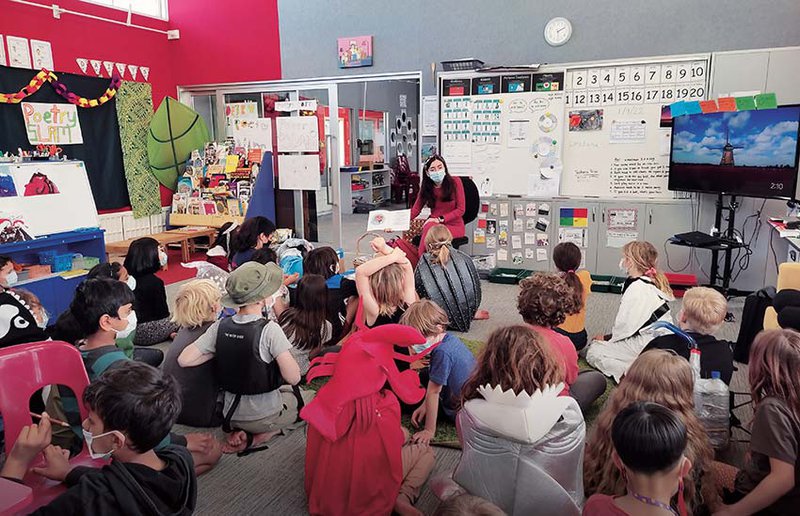
Spreading the word
The WAYMO Project, named after the acronym of her book title, is Loredana’s latest project. The charitable initiative allows anyone to buy a copy of her book to be donated to a low-decile school, which is sent with a “donated by” sticker inside acknowledging the purchaser. The idea was inspired by Loredana’s own experience attending a low-decile school.
“I went to a decile 1 primary school, and I have a vivid memory of us getting a new school library with most of the books donated to us. One day, my mum took me to the office and let me pick a picture book from a pile for her to buy, and they put a sticker on the inside front that said ‘donated by the Kint family’.
“I remember a warm fuzzy feeling, and I thought other people might be happy doing the same with WAYMO.”
Loredana also holds poetry workshops in primary schools to get kids excited about poetry, which also gives the students a chance to interact with doctors outside of a clinical environment, helping make medical professionals seem more approachable.
“I became more aware of the relationship between doctors and kids when I did my paediatrics attachment, and I like that my workshops give children the opportunity to see a medical student outside a medical setting.
“They ask me really good questions like ‘why do I get the stitch if I run at lunchtime?’ That was a tricky one to answer in a concise way,” she says.
Grants for good
Loredana says it’s “super exciting” to have the MAS Here for Good scholarship to support her mission. She’s planning on putting the grant towards publishing a sequel and hopes to establish a poetry competition for kids too.
“As a student, and especially as a beginning author, it’s really hard to get backing. You have to self-fund a lot of things. I was lucky to get some other grants along the way too. Without this funding, I wouldn’t have been able to write the book.”
Loredana is excited to continue demystifying poetry for kids and points to evidence that participating in arts activities can help reduce physical symptoms of illness and improve mental health.
“I want to make poetry seem less scary. I know that for a lot of people in intermediate and high school, poetry becomes this thing that you only think about when you have an exam. That’s when people start thinking ‘I don’t understand poetry’, or they start associating it with stress.
“And while there is little literature on the impacts of poetry on children’s mental wellbeing, anecdotally, I’ve heard many young New Zealand poets extol poetry’s benefits for them in their youth.
“So my goal is to make writing poetry seem fun and get more people to give it a try.”
Read this next
-
March 2022
From young volunteer to PhD candidate
-
March 2022
Pride of the south
-
July 2022
A wild Subantarctic adventure
Professional life
See all-
March 2021
Made for today a century ago
-
March 2021
The great brain gain
-
March 2021
A hectic, horrific working holiday
-
March 2021
Smooth sailing for Southern Spars

